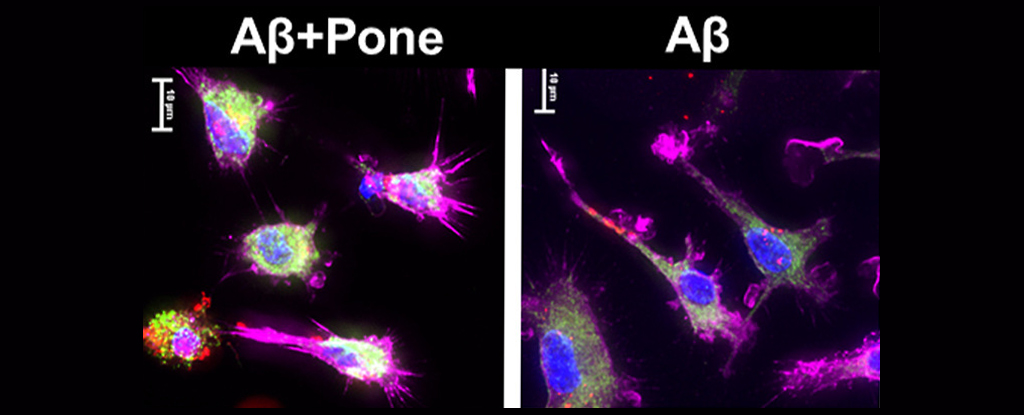Get the latest Science News and Discoveries
Scientists reveal a spontaneous reaction that could have started life
Scientists have uncovered a surprising new way that urea—an essential building block for life—could have formed on the early Earth. Instead of requiring high temperatures or complex catalysts, this process occurs naturally on the surface of tiny water droplets like those in sea spray or fog. At this boundary between air and water, a unique chemical environment allows carbon dioxide and ammonia to combine and spontaneously produce urea, without any added energy. The finding offers a compelling clue in the mystery of life’s origins and hints that nature may have used simple, everyday phenomena to spark complex biological chemistry.
None
Or read this on ScienceDaily



